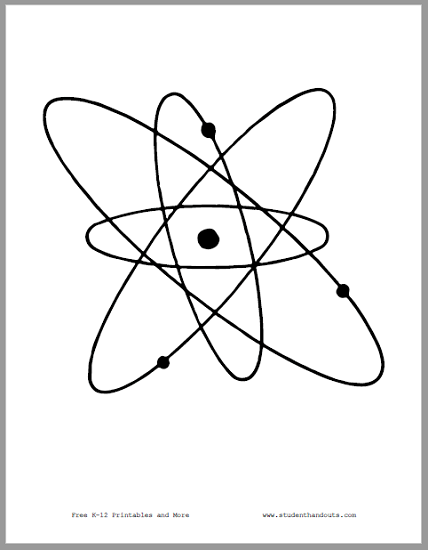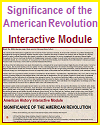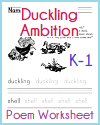| Atom Science Room Printable PDF Sign |
|---|
| www.studenthandouts.com ↣ Classroom Organization ↣ Classroom Signs |
 |
    |
|
Science Classroom Sign—atom is free to print (PDF file). Click here to print.
Science education is critical for today's students for a multitude of reasons, as it plays a fundamental role in preparing them for the challenges and opportunities of the modern world. Fostering Scientific Literacy: Science education equips students with the knowledge and skills needed to understand and critically evaluate scientific information and claims. In an age of information overload, scientific literacy is essential for making informed decisions about health, technology, and the environment. Problem Solving and Critical Thinking: Science education encourages students to think critically, analyze evidence, and solve complex problems. These skills are not only valuable in scientific contexts but also applicable to various aspects of life, including decision-making and innovation. Preparing for Future Careers: Many of the fastest-growing job sectors, including technology, healthcare, and environmental science, require a strong foundation in science. Science education provides students with the knowledge and skills necessary for pursuing careers in these fields. Environmental Awareness: Science education fosters an understanding of the natural world and the impact of human activities on the environment. It promotes environmental awareness and encourages responsible stewardship of the planet. Health Literacy: Science education includes the study of human biology and health, equipping students with the knowledge needed to make healthy lifestyle choices and understand medical information. Innovation and Technology: Science is at the heart of technological advancements. Science education encourages creativity and innovation, helping students become active contributors to technological progress. Global Challenges: Many of the world's most pressing challenges, such as climate change, pandemics, and resource depletion, have scientific dimensions. Science education prepares students to engage with these complex global issues and contribute to solutions. Informed Citizenship: In a democratic society, informed citizenship is crucial. Science education enables students to engage in discussions about science-related policy issues and make informed choices in elections and public referendums. Cultural and Ethical Awareness: Science education explores the cultural and ethical dimensions of science and technology. It encourages ethical considerations in scientific research and technological development. Equity and Inclusion: Ensuring access to quality science education for all students promotes equity and inclusion. Science education should be accessible and welcoming to students from diverse backgrounds and underrepresented groups. Interdisciplinary Learning: Science education often intersects with other disciplines such as mathematics, technology, engineering, and the arts (STEM/STEAM). This interdisciplinary approach helps students connect knowledge from different fields and tackle complex, real-world problems. Lifelong Learning: Science education instills a love of learning and curiosity about the natural world. It prepares students for a lifetime of learning, adaptability, and the pursuit of knowledge. Global Competence: In an interconnected world, science education contributes to global competence by fostering an understanding of international scientific collaboration and challenges that transcend national boundaries. Scientific Method and Inquiry: Science education teaches the scientific method and inquiry-based learning, which are essential for conducting research, solving problems, and making evidence-based decisions. In essence, science education is not only about transmitting facts; it is about nurturing a scientific mindset, curiosity, and critical thinking. It empowers students to engage with the world's challenges and opportunities, make informed decisions, and contribute to scientific advancements and societal progress. As such, it is an indispensable component of a well-rounded and future-ready education. |
| www.studenthandouts.com ↣ Classroom Organization ↣ Classroom Signs |














































